The real minimum wage is zero unemployment
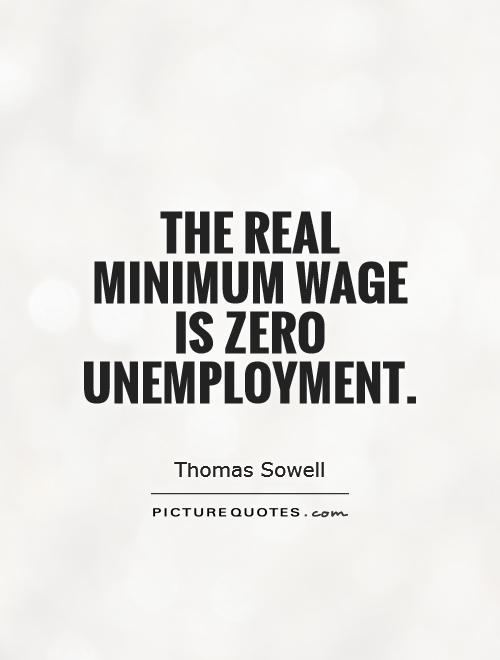
The real minimum wage is zero unemployment
Thomas Sowell, a renowned economist and social theorist, is known for his controversial views on various economic and social issues. One of his most famous statements is that "the real minimum wage is zero unemployment." This statement encapsulates Sowell's belief that government-mandated minimum wages can actually harm the economy and lead to higher levels of unemployment.Sowell argues that when the government sets a minimum wage, it artificially raises the cost of labor. This means that employers are forced to pay their workers more than they may be worth in terms of their productivity. As a result, businesses may be unable to afford to hire as many workers, leading to higher levels of unemployment. Sowell believes that in a truly free market, wages should be determined by supply and demand, with workers being paid based on their skills and the value they bring to their employers.
Sowell's views on the minimum wage are rooted in his broader belief in the power of free markets and individual choice. He argues that when the government intervenes in the economy, it distorts the natural forces of supply and demand, leading to inefficiencies and unintended consequences. In the case of the minimum wage, Sowell believes that government intervention can actually harm the very people it is intended to help – low-skilled workers who may find it harder to secure employment at higher wage levels.
Critics of Sowell's views on the minimum wage argue that without government intervention, employers may exploit workers by paying them below a living wage. They argue that a minimum wage is necessary to ensure that workers are paid fairly for their labor and can afford to support themselves and their families. However, Sowell would likely counter that in a truly competitive market, workers have the power to negotiate higher wages based on their skills and the value they bring to their employers.
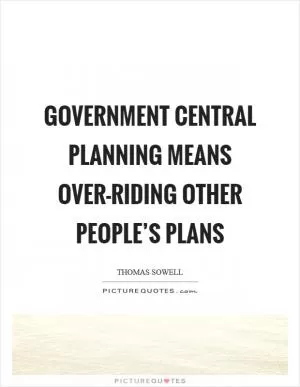
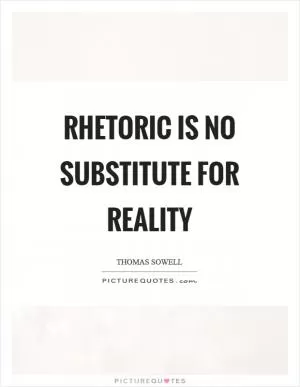
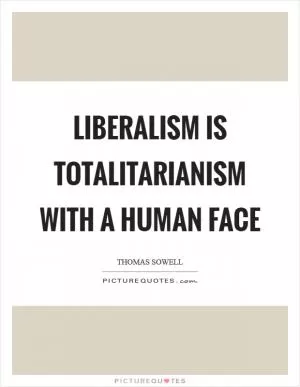
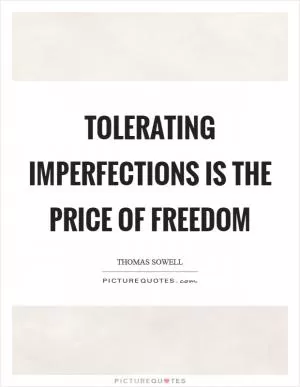
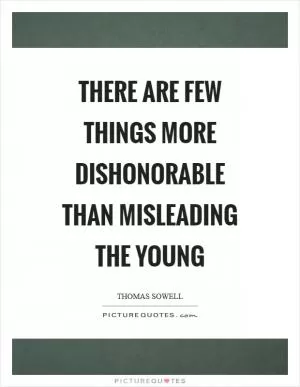
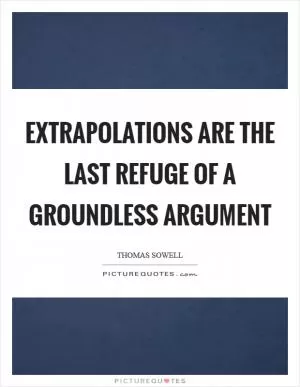
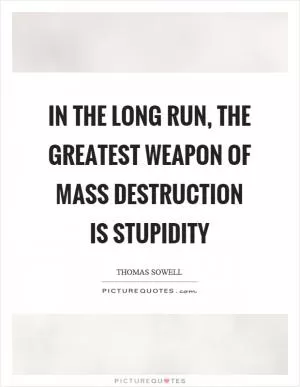
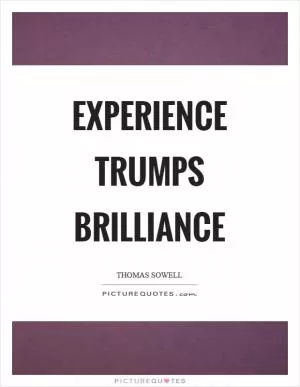
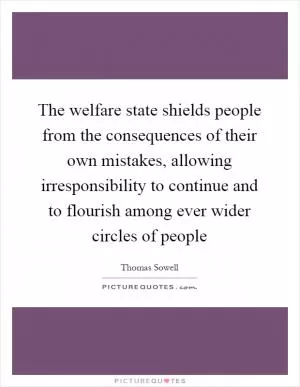
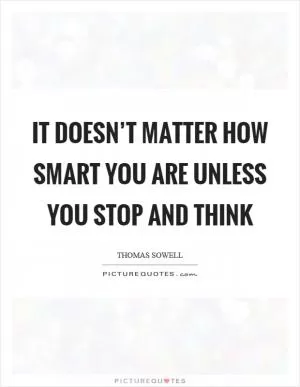
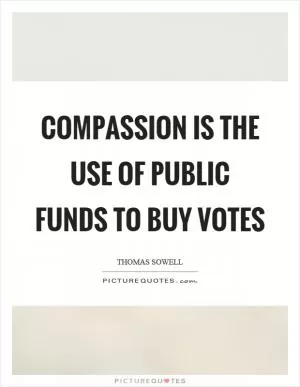
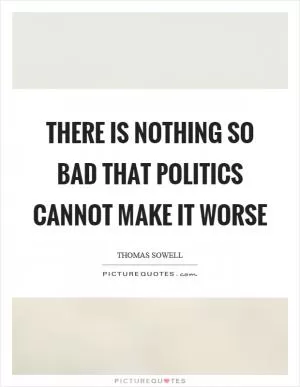
 Friendship Quotes
Friendship Quotes Love Quotes
Love Quotes Life Quotes
Life Quotes Funny Quotes
Funny Quotes Motivational Quotes
Motivational Quotes Inspirational Quotes
Inspirational Quotes